I was introduced to Sally Mann’s work through Pinterest, which these days is where I meet with a whole lot of new things that I like.
Sally Mann
This is the photograph that sent me frantically searching,
Sally came in to public view with a series of intimate photographs of her three young children, Jessie, Emmett and Virginia shot in Lexington, Virginia. The collection was called Immediate Family and it first appeared in Houk Friedman Gallery in New York and then later in a traveling exhibit at the The Institute of Contemporary Art in Philadelphia.

From what I’ve seen of the series, the collection explores both the reality and fantastical nature of childhood and the sensuality that Mann saw in her own children all under the age of 10. In most of the photographs contained in the Immediate Family collection, Mann’s children appear nude and sometimes they are injured, sick (bloody noses, chicken pox, pink eye) or appear exhausted. The nudity and context of some of the photographs sparked some controversy and garnered Sally some press and attention that wasn’t forseen.
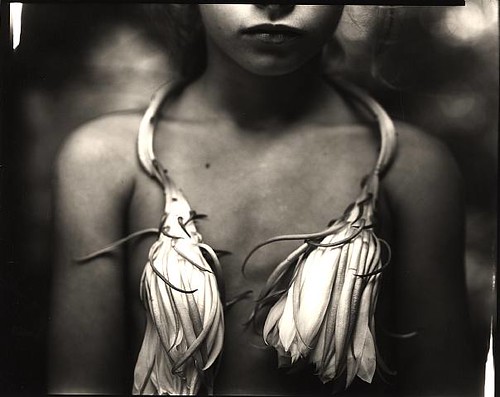
After Immediate Family was released, Sally was contacted by a filmmaker named Steven Cantor. Cantor intended on making a documentary short about censorship in our culture but after meeting Sally and seeing the pictures of her children what resulted was Blood Ties, a 1994 documentary about Sally and her family that was ultimately nominated for an Academy Award.
After Blood Ties, Sally continued to create art in collections like Still Time and What Remains. Cantor and Mann remained in contact and in 2004, Cantor released a full length documentary about Sally, her artistic process, her family and the project she was working on that centered around death and decay called What Remains.
After learning more about Sally and her work, naturally I wanted to know what became of the most beloved of subjects–her children. Did they become artists too?
Turns out Lexington, VA, the site of the Mann family homestead, was also home to many acclaimed artists like Cy Twombley. Under Twombley’s tutelage, Jessie Mann also began painting. Emmett joined the Peace Corps for a time and Virginia went to law school.
Jessie Mann today, via Just Say Maux
For me, some of the photographs in Immediate Family at first were too raw, too provocative but then I started to remember childhood, especially a childhood in the rural south. The injuries depicted in these images; blood, scabs, black eyes, bloody noses, insect bites–all of that is par for the course and capturing that on film is a solid dose of realism. When I gave my brother a black eye, I don’t think we would’ve been scarred if my mother would’ve sat him down against a white wall and photographed him. Its the apparent sensuality in some of these images that creates the shock value and what many wrestle with including myself. Some will instantly be dismissive, some will remember skipping stones on the river in the heat of summer. I’m just wondering–Does/Should this art have a place in our world?
A portion of Cantor’s 2nd film about Sally, What Remains.
Some other great resources:
PBS did a feature on Sally in 2003, in their Art of the 21st Century series, Art21
A Dialogue Between Steven Cantor and Sally Mann
The Disturbing Photography of Sally MannThanks for playing,


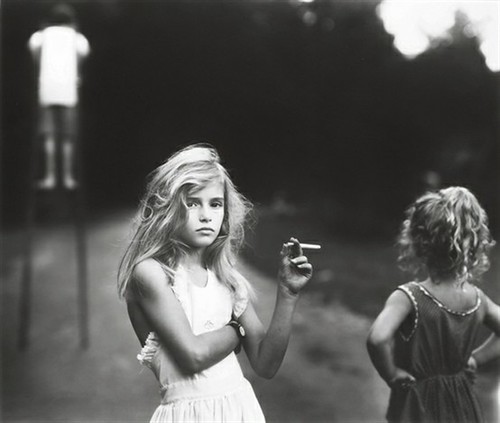
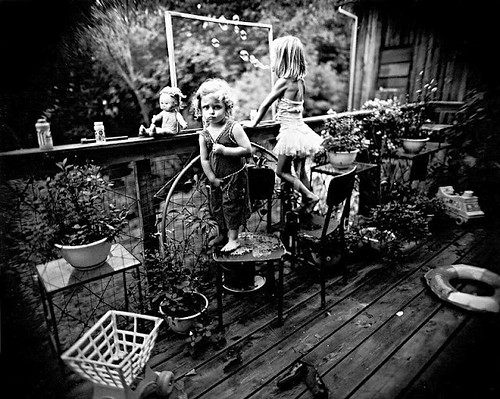
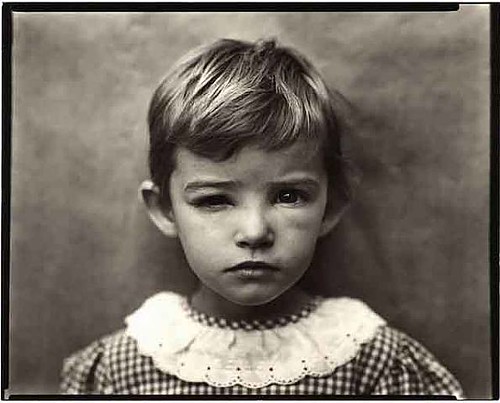
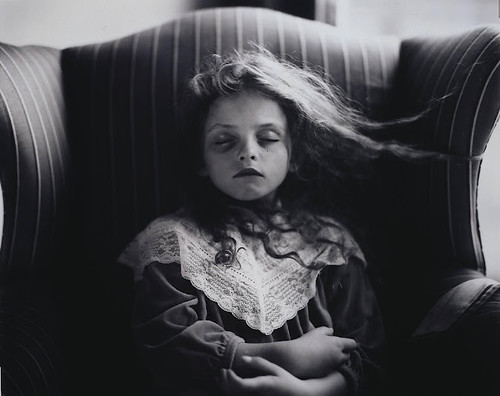




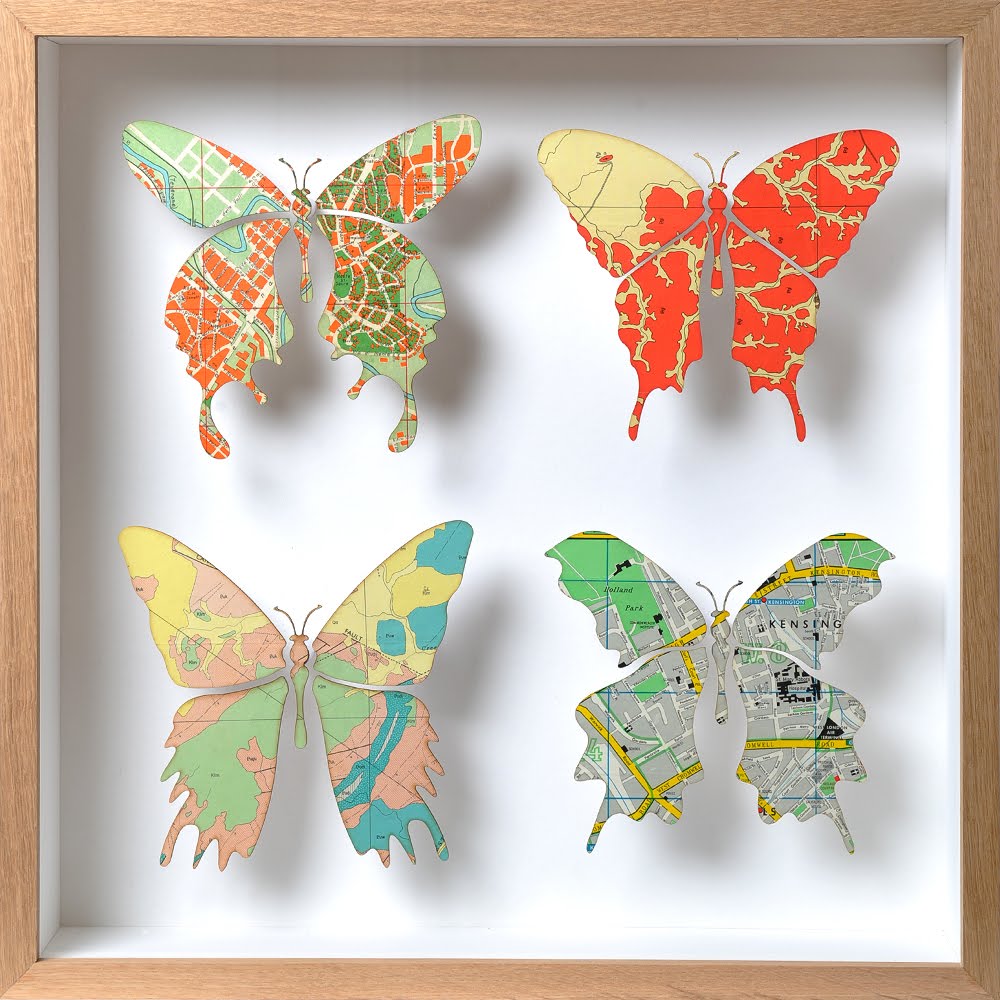

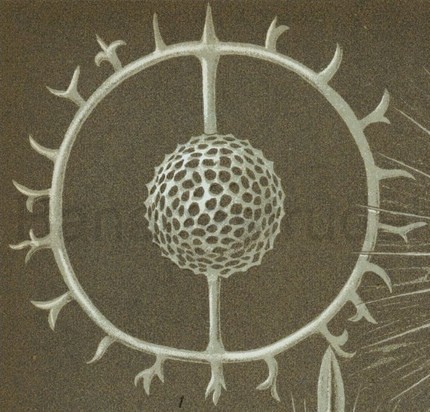
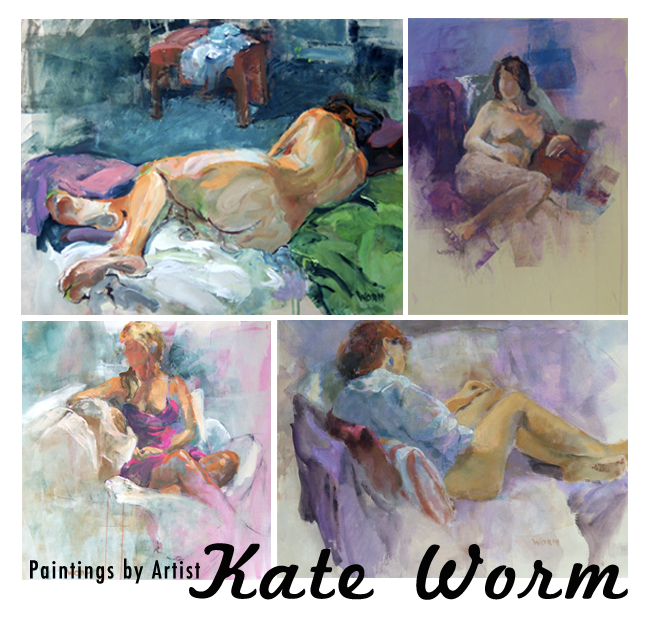




Sarah, I really appreciate how inflamed you’ve become over this work!
Awesome. Now you’ve set me on a wild goose chase to find an early 20th century American photographer who also used his nude children for subjects. There is one image in particular that is burned into my brain from a college class – of a young statuesque boy. It shows his body from chin to thigh, dramatically posed with hip cocked in the kind of way that is only effeminate if you aren’t a 6 year old boy.
I know it’s in this book b/c that’s the text we used in my college history of Photography course: http://www.amazon.com/gp/product/0870703811